Bac Ninh is the leading province in the country in the number of Confucian scholars.
Bac Ninh is a province with a tradition of mandarin examinations and studiousness, a glorious tradition that few other lands have as long as Kinh Bac.
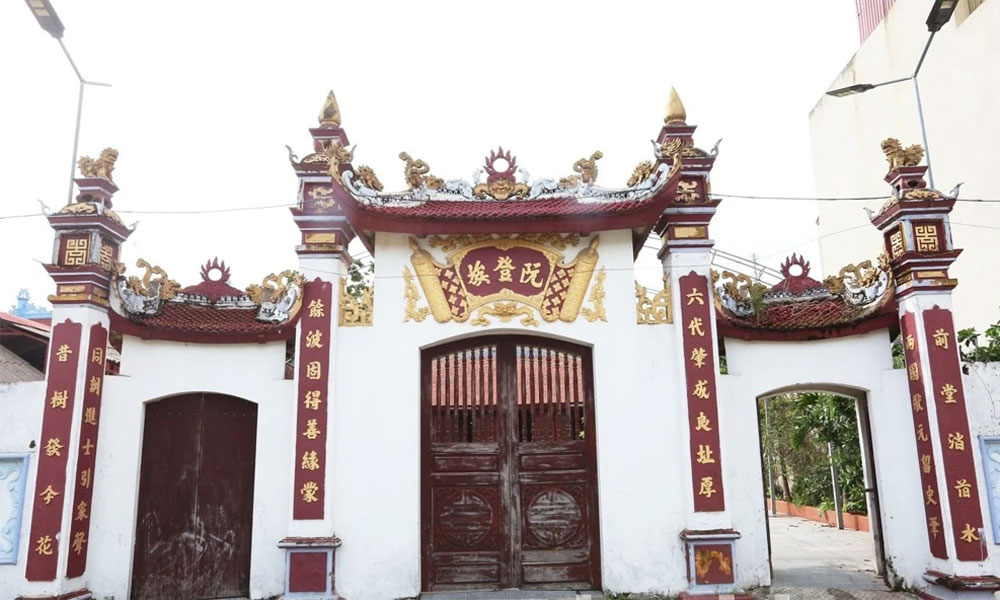 |
The temple of Nguyen Dang Dao, the first-ranked scholar, is in his hometown of Hoai Bao village (commonly called Biu), Noi Due commune, Tien Du district, now in Lien Bao commune, Tien Du district (Bac Ninh). |
It can be affirmed that Bac Ninh is the most famous land of mandarinate in our country. According to current place names and administrative boundaries, Bac Ninh province has 393 people who passed the imperial examinations, more than 1,000 bachelors and bachelors (in the feudal period). That glorious tradition is still strongly promoted in contemporary society.
According to the author and researcher Le Viet Nga in an article published in Bac Ninh Newspaper, there are three basic factors and conditions that make up the tradition of studiousness and academic achievement of Bac Ninh people, which are bloodline and tradition factors; social conditions and natural geography; and economic conditions.
Bac Ninh - Kinh Bac has all the above factors, so the tradition of studiousness and passing exams has existed since very early and many people have become famous.
According to statistics from the entire "Kim bang luu phuong" steles and "phu ky" steles at Van Mieu Bac Ninh, Bac Ninh- Kinh Bac had 669 people who passed the imperial examinations (during the feudal period).
This number has subtracted the number of great scholars whose names are on the "Kim bang luu phuong" stele but only resided in Kinh Bac and were not from Bac Ninh- Kinh Bac: (3 people).
Compared to other provinces in the country, Bac Ninh - Kinh Bac has the highest number of scholars passing the imperial examinations in the feudal period. According to the current place names and administrative boundaries (8 districts, towns, and cities), Bac Ninh province has a total of 393 scholars.
During the feudal period, Bac Ninh had many outstanding characteristics in the imperial examinations such as: Le Van Thinh was the first person to pass the national examination; Nguyen Quan Quang was the first Trạng Nguyên of the Vietnamese imperial examination system...
Or there was an examination where a person from Bac Ninh won all three titles (Trang nguyen, Bang nhon - that is Bang nhan and Tham hoa), specifically the following: Trang nguyen Nguyen Gian Thanh, from Huong Mac commune (also known as Me village), Tu Son (formerly Ong Mac, Dong Ngan district), so people called him Trang Me; Bang nhon - that is Bang nhan Hua Tam Tinh, from Nhu Nguyet commune (also known as Ngọt village), Tam Giang commune, Yen Phong district; so later there was a legend - "Trang Me overshadowed Trang Ngọt"; Tham hoa Nguyen Huu Nghiem, from Dong Tho commune, Yen Phong district.
At the same time, he was also the youngest scholar in the country to achieve the title of Third Prize Winner (18 years old).
Bac Ninh has a scholar who passed the "Tu Nguyen" exam, the most unique title in the history of Vietnamese examinations, Nguyen Dang, from Dai Toan commune, Que Duong district, who passed all three exams (Huong, Hoi, Dinh) and was the top scorer (Giai Nguyen, Hoi Nguyen and Dinh Nguyen). In the Dinh exam in 1602, he passed the Hoang Giap exam, which was the highest (that is, the first class and the second name), no one passed the first class (Trang Nguyen, Bang Nhon, Tham Hoa). After that, the court organized another "ung che" exam (answering exam) and he again passed the top scorer, so the king awarded him the unique title of "Tu Nguyen" in the country.
Bac Ninh has a total of 15 Confucian scholars who passed the Royal Examination, higher than any other Royal Examination in all provinces and cities.
Bac Giang has 4 Confucian scholars of feudal Vietnam.
In the history of imperial examinations in our country, those who passed the examinations directly graded by the king were called Trạng Nguyên.
After the first prize winner is the second prize winner, after the second prize winner is the third prize winner, and the rest are the doctors.
In Bac Giang during the feudal period from the Ly dynasty (11th century) to the end of the Nguyen dynasty (August 1945), there were 58 doctors.
Among them, there were 4 Confucian scholars who passed the royal examination: Dao Su Tich, Doan Xuan Loi, Giap Hai and Nguyen Dinh Tuan.
Dao Su Tich and Doan Xuan Loi were two top scholars in the Tran Dynasty in the 14th century. Dao Su Tich, from Song Khe village, Song Khe commune, Yen Dung district (now Bac Giang city), passed the imperial examination in 1374.
Doan Xuan Loi was from Trau Lo village, Mai Dinh commune (Hiep Hoa), and passed the Royal Examination in 1384. Thus, Royal Examination Dao Su Tich passed the Royal Examination 10 years before Doan Xuan Loi. Both worked under the Tran Dynasty, at the same time, but in different positions.
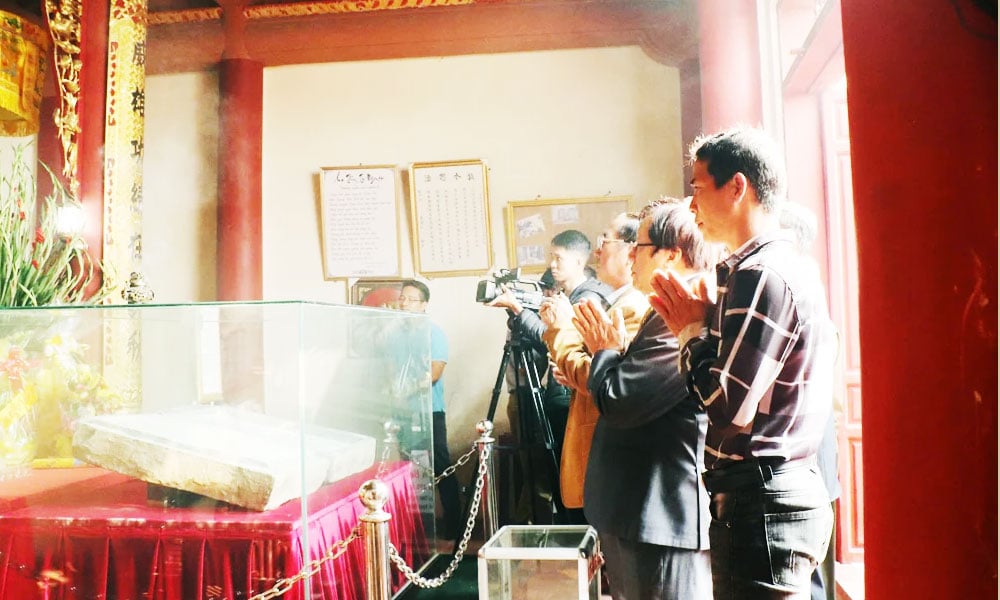 |
The Doi Coc stone stele at the temple of Trang Nguyen Giap Hai is recognized as a national treasure. |
The third Trạng Nguyên of Bac Giang was Trạng Nguyên Giáp Hải - this person was also called Trạng Kế. He was called Trạng Kế because Giáp Hải was from Dinh Kế, Phuong Nhon district, Lang Giang prefecture, Kinh Bắc town.
Giap Hai passed the Royal Examination in 1538. He was a talented man, went to the Ming Dynasty (China) as an ambassador and served as a mandarin, served as a minister of the Six Ministries and was also a scholar of the Eastern Pavilion. He was later promoted to Thai Bao, given the title of Ke Khe Ba, and was specially appointed as Sach Quan Cong. He went to the North many times as an ambassador and was awarded the title of Thieu Bao.
A Confucian scholar passed the exam with the highest rank in the Dinh Nguyen (during the Nguyen Dynasty, there was no Trang Nguyen award, but the Dinh Nguyen award was equivalent to Trang Nguyen of previous generations). That was Nguyen Dinh Tuan. Nguyen Dinh Tuan can be considered the fourth Trang Nguyen of Bac Giang.
He was from Trau Lo village, Mai Dinh commune (Hiep Hoa), and was the top candidate in the 1901 examination in the capital Hue (Dinh Nguyen). He held positions as district chief of Viet Yen; teacher in Yen Bai; school inspector in several provinces, and had many successful students. Later, when he was in Thai Nguyen, he brought tea varieties to plant in Tan Cuong, which became Tan Cuong tea.
Thus, after merging Bac Ninh and Bac Giang provinces, Bac Ninh province when merged will be the province with the number of Confucian scholars who passed the Royal Examination or passed the exam with a position equivalent to the Royal Examination is 19 people (including 15 people from Bac Ninh and 4 people from Bac Giang).
Source: https://baobacgiang.vn/sau-sap-nhap-bac-ninh-moi-la-tinh-dung-dau-ca-nuoc-ve-so-trang-nguyen-nho-hoc-postid418215.bbg






![[Photo] Prime Minister Pham Minh Chinh and Prime Minister of the Kingdom of Thailand Paetongtarn Shinawatra attend the Vietnam-Thailand Business Forum 2025](https://vphoto.vietnam.vn/thumb/1200x675/vietnam/resource/IMAGE/2025/5/16/1cdfce54d25c48a68ae6fb9204f2171a)

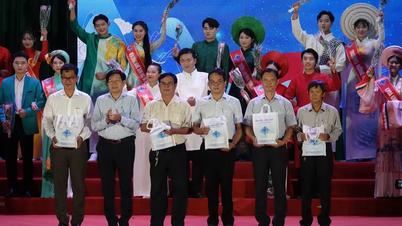

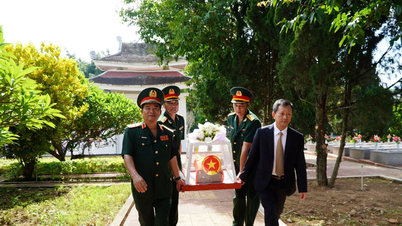



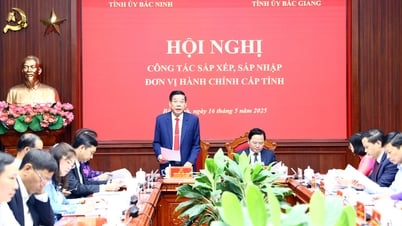
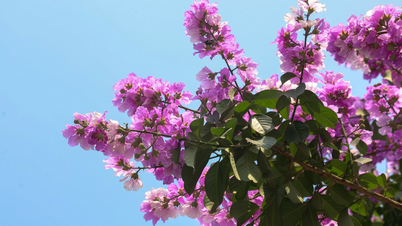

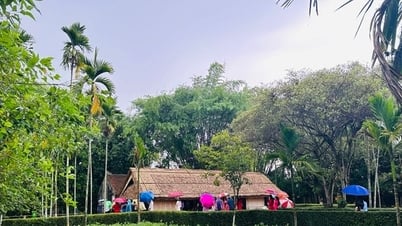





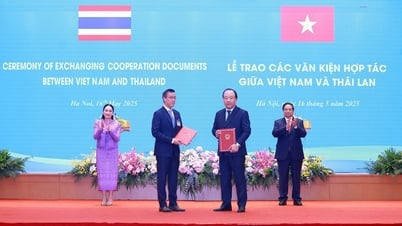
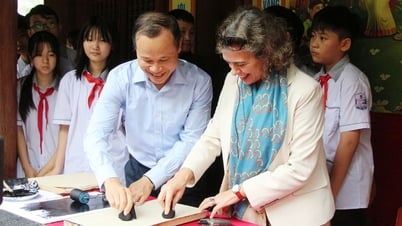
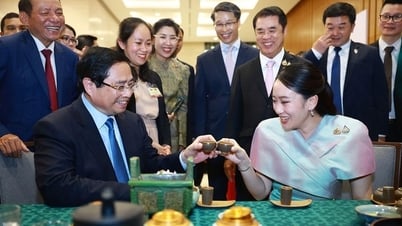
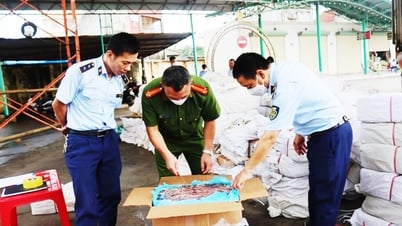


![[Photo] President Luong Cuong receives Prime Minister of the Kingdom of Thailand Paetongtarn Shinawatra](https://vphoto.vietnam.vn/thumb/1200x675/vietnam/resource/IMAGE/2025/5/16/52c73b27198a4e12bd6a903d1c218846)












































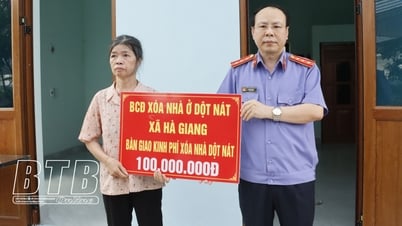

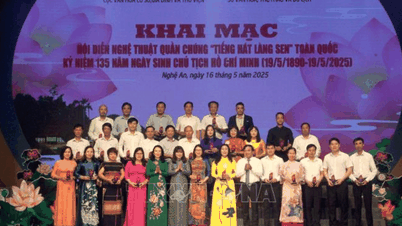

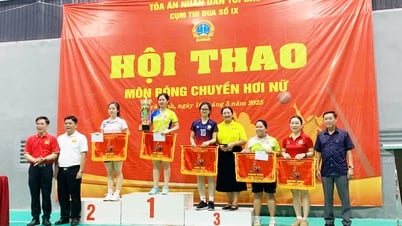
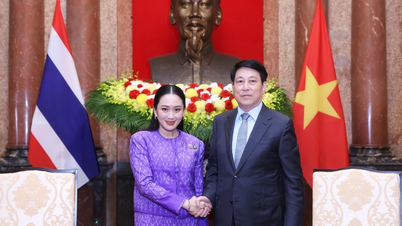



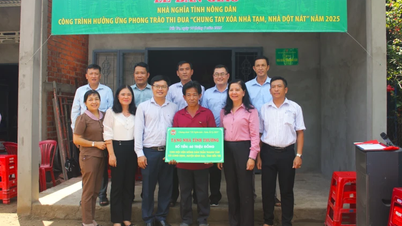









Comment (0)